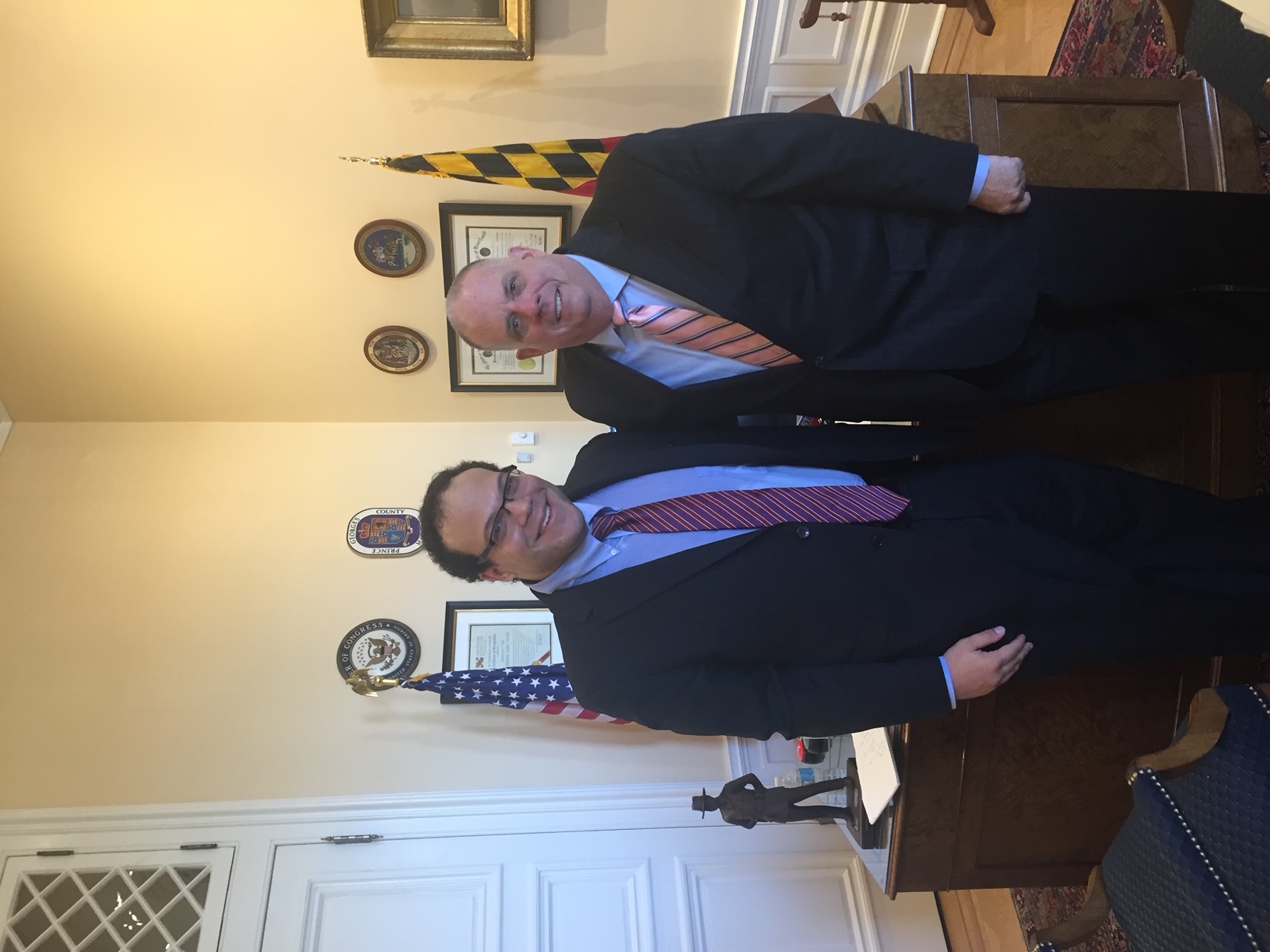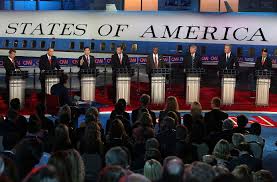Governor Larry Hogan: A Tale of Two Interviews

Former governor of Maryland, Larry Hogan, is running for Maryland’s vacant Senate seat this November and is hoping to become a champion for Israel in the U.S. Senate.
Hogan has not held political office in Maryland since 2022, when his second term as Maryland governor ended. He was the third most popular governor in the United States, with a 70% approval rating when he left office, according to a 2022 Morning Consult poll. Hogan has nonetheless remained active in politics. He briefly considered running for president at the urging of his dear friend, Senator Joseph Lieberman, z”l. Ultimately, he decided not to do so and endorsed Nikki Haley for president instead.








